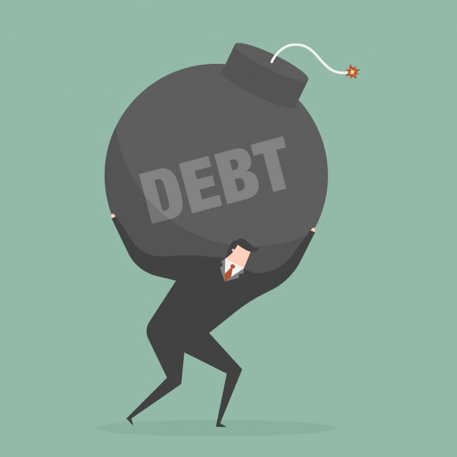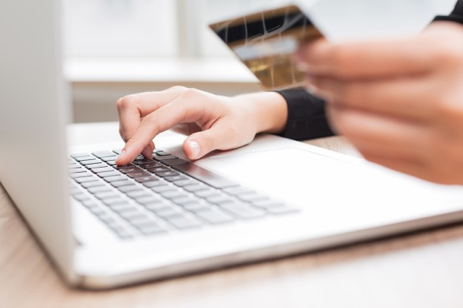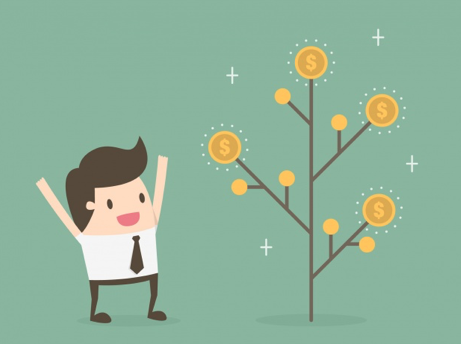Summary: Learn how to keep your personal finance in order from this article before you launch your idea and business.

Image: Freepik
Many aspiring entrepreneurs today have big ideas and eager to get hop on board.
But before you commit to funding your new business, you first need to take care of your own personal financial goals.
As an entrepreneur, it is important to have your personal finances in order because you will never know what may happen with your business ventures.
After all, with no money, you’ve got no business. And you should start a business with a strong financial record as well as having money in the bank.
It can also be scary when you are putting all of your money into a business, especially if you are not sure if your business will take off or flop.
Starting any business comes with risks but with proper research and planning, you can minimize your financial risk before you start.
Let’s get your personal finance in check before you start your business:
Eliminate Personal Debt

Image: Freepik
If you have a huge debt of your own, it can be a challenge to reach your financial and business goals.
The Malaysian’s household debt, mainly for housing and purchase of a personal car, constitutes about 80 percent of the gross domestic product (GDP). 68% of Malaysians currently have debt with the average debt of RM56,000. This is a staggering number if you want to bootstrap your own business.
Do not start your business with huge personal debt. Work on clearing your credit card balances so that you can focus on basic expenses such as your mortgage, car, utilities, cable, etc. And once you are out of debt, stay committed in staying out of debt.
Save for Household Expenses
 Image: myMoneyCoach
Image: myMoneyCoach
Many entrepreneurs have to deal with irregular income. You need to be aware that you will not make a profit instantly the moment your business launches.
But if you do not earn an income in the early stages of your business, how are you going to pay your household expenses?
Thus, it is important to budget your personal finances so that you will have some savings to help you in the leaner months.
You need to be able to cover the essentials like housing, utilities, insurance, and food. Add up these critical expenses and put aside enough to cover for 12 to 24 months.
Having a year’s (or two) worth of money to cover expenses may sound drastic, but it is better to have more than enough than to find yourself unable to pay bills in 6 months.
Automate Your Bill Payments

Image: Freepik
When you are busy building a business, it is easy to overlook personal bill payments.
You should consider automated payment service as your bill payments will be on auto-pilot and save you the hassle. You can then focus on your business without having to deal with late payments.
Relying on automated payment service to pay off your bills on time, can help you to improve your credit score. The credit score emphasizes on your payment history. When you are consistent with payments, the negative marks on your credit history can fade over time.
Prepare First Year of Working Capital

Image: Freepik
In addition to your personal expenses, you will need to be able to cover your business costs until your business pays on its own. A year’s worth of capital should be sufficient. Estimate a budget based on your business monthly cost for a year.
You will need a pretty sizeable chunk of money in savings for your personal and business needs.
If you get your money straight before starting your business, that will be one less things stressing you as you start your small business.
